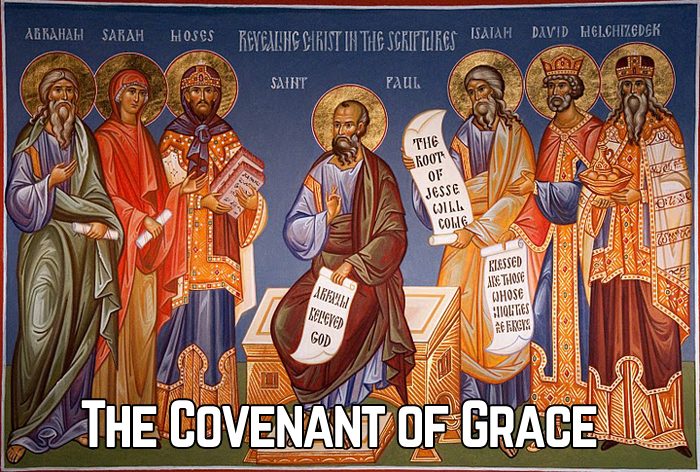This word is the adjective ὅσιος (hosios, G3741). It is used 41 times in the LXX and it is a word primarily found in Old Testament citations. It is used of Christ as the “Holy One” (Acts 2:27; 13:35); of the “holy and sure blessings of David (Acts 13:34 cited from Isa. 55:3); men should raise holy hands in prayer (1 Tim. 2:8); an elder should be “hospitable, a lover of good, self-controlled, upright, holy, and disciplined” (Titus 1:8); the Lord Jesus, our high priest is “holy, innocent, unstained, separated from sinners” (Heb. 7:26); finally, God is said to be alone holy (Rev. 15:4) and He is also the “Holy One” Who is just (Rev. 16:5). In all these instances, we cannot separate the idea of moral holiness. In each of these instances, moral purity is that which is clearly intended to be conveyed. That’s why Berkhof observes that hosios “describes a person or thing as free from defilement or wickedness, or more actively (of persons) as religiously fulfilling every moral obligation.”[9]
Two words remain for us to consider. The first one is ἁγιότης (hagiotes, G41) which is used only in Hebrews 12:14. It basically means moral holiness. Second, the word ἁγιωσύνη (hagiosune, G42) is used 3 times in the New Testament. In Romans 1:3-4, we read that Christ was “from David according to the flesh” and “was declared to be the Son of God in power according to the Spirit of holiness by his resurrection from the dead”. In this passage, the spirit of holiness is the Spirit Who/which is opposed to the flesh, which is spiritual and divine. In 2 Corinthians 7:1, Paul calls us to “cleanse ourselves from every defilement of body and spirit, bringing holiness to completion in the fear of God.” Here is an aspect of killing sin and thereby pursuing moral purity away from the defilement of body and spirit. To be pure not merely in spirit, but also in body (since the previous chapter had to do with sexual immorality). In 1 Thessalonians 3:13, holiness is connected to blamelessness when Paul calls ...










